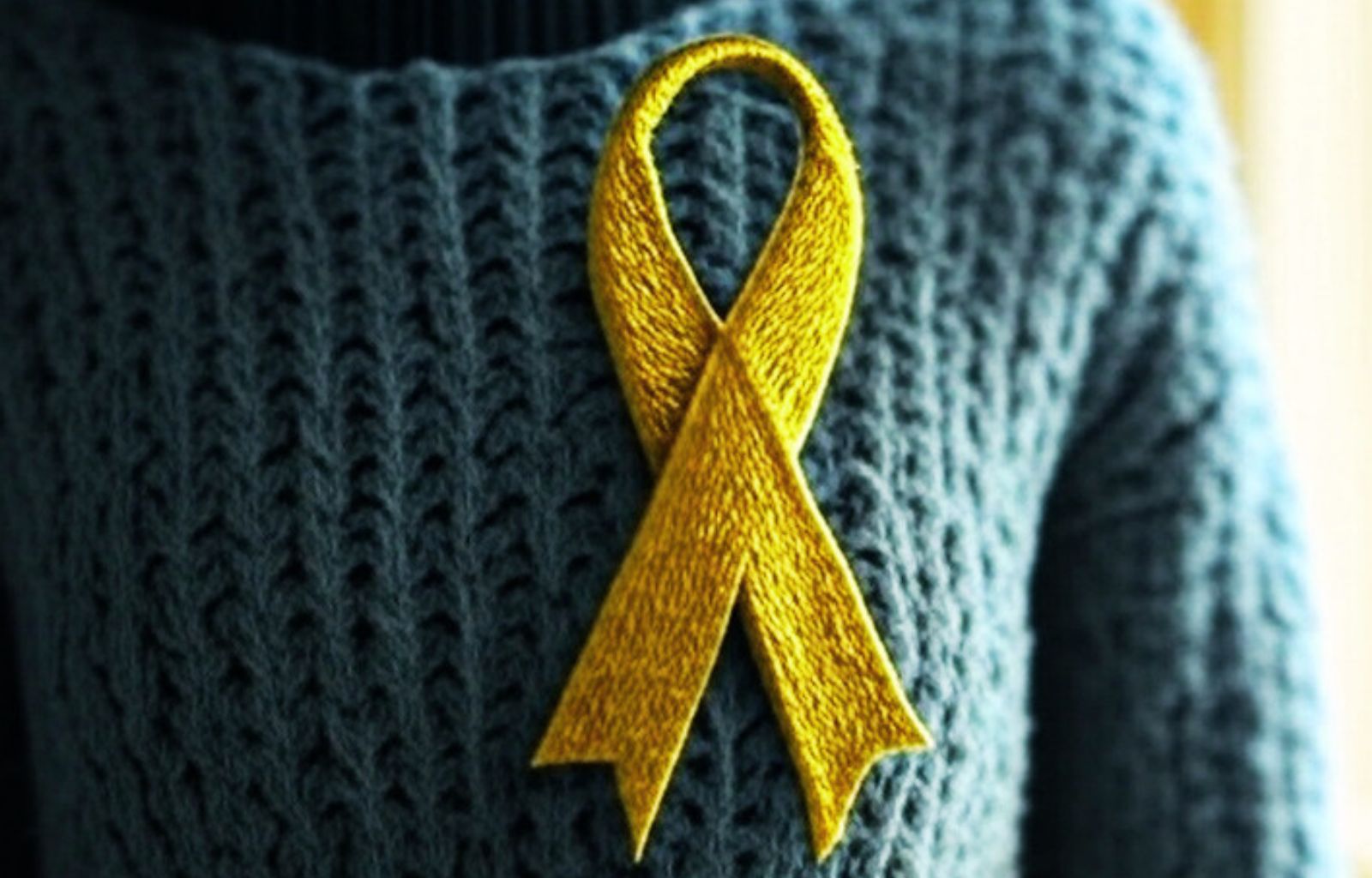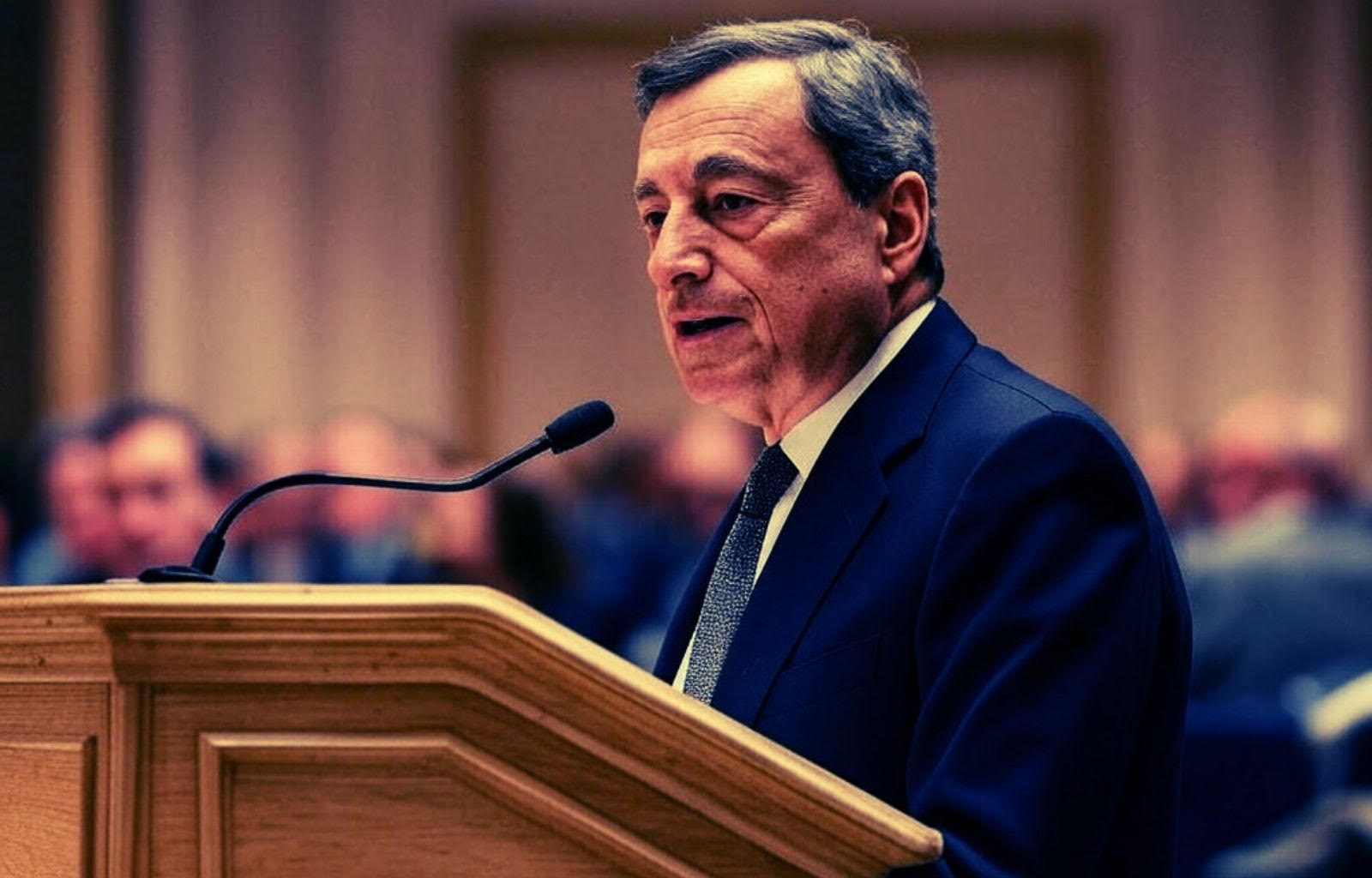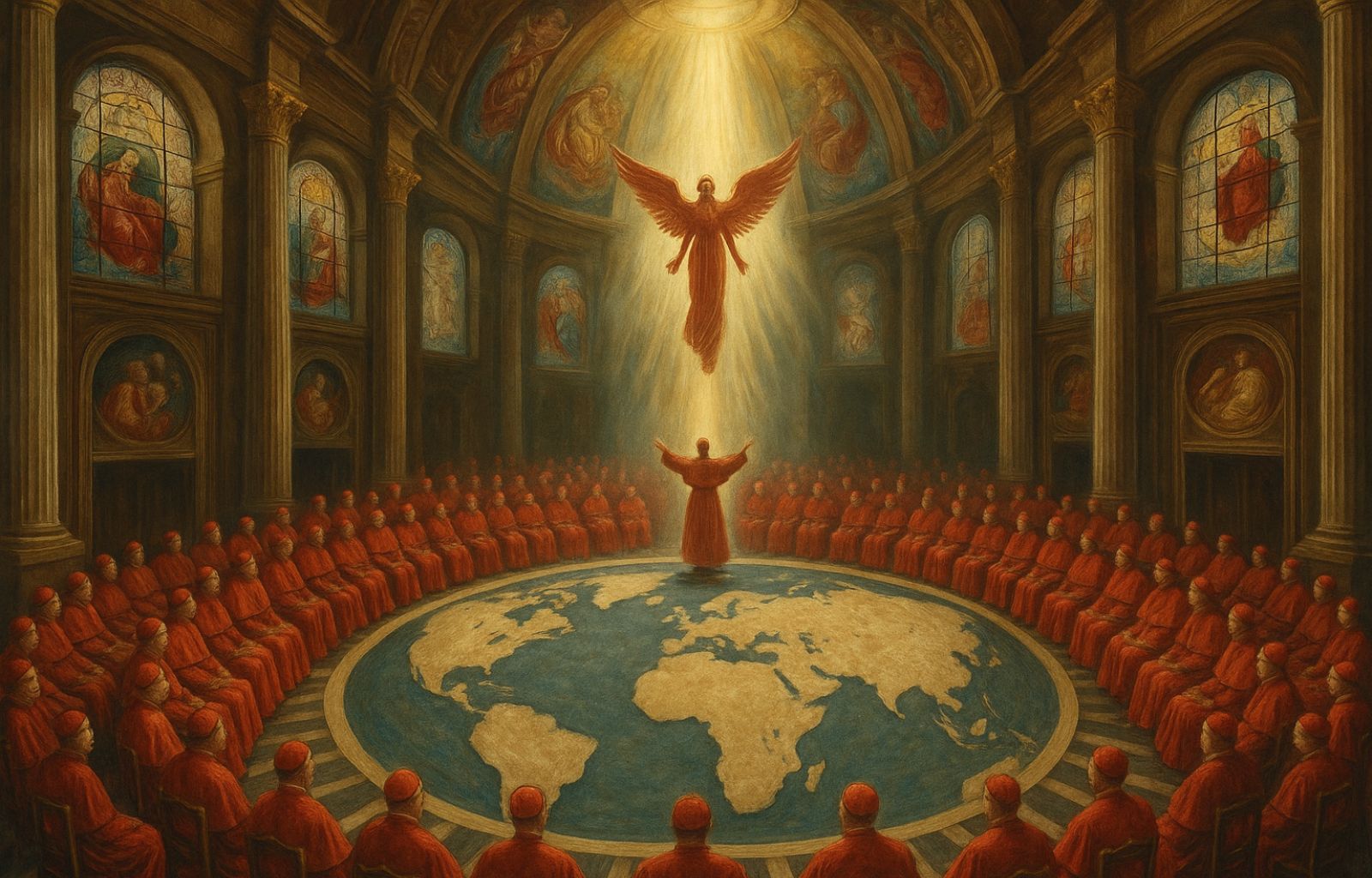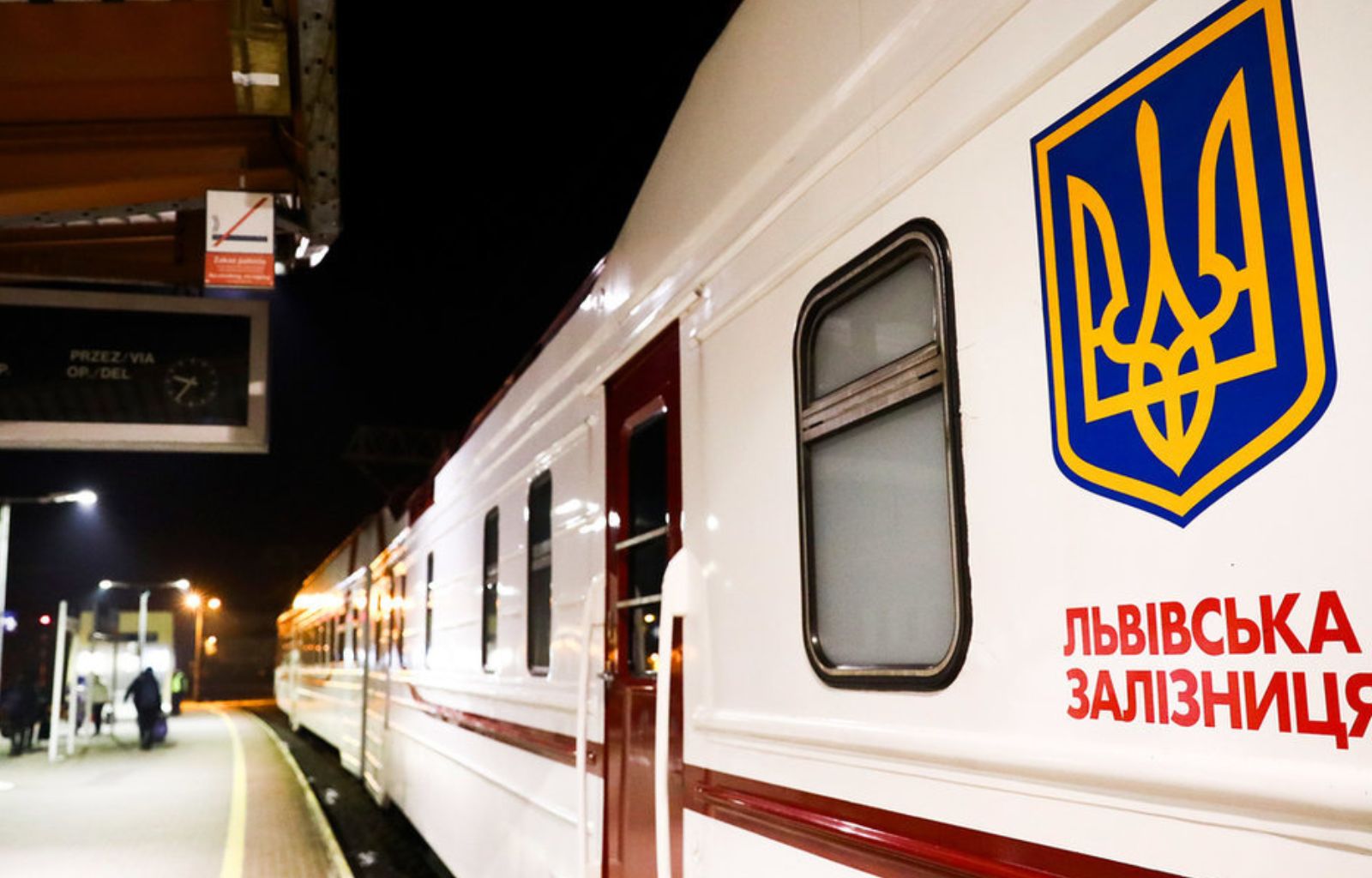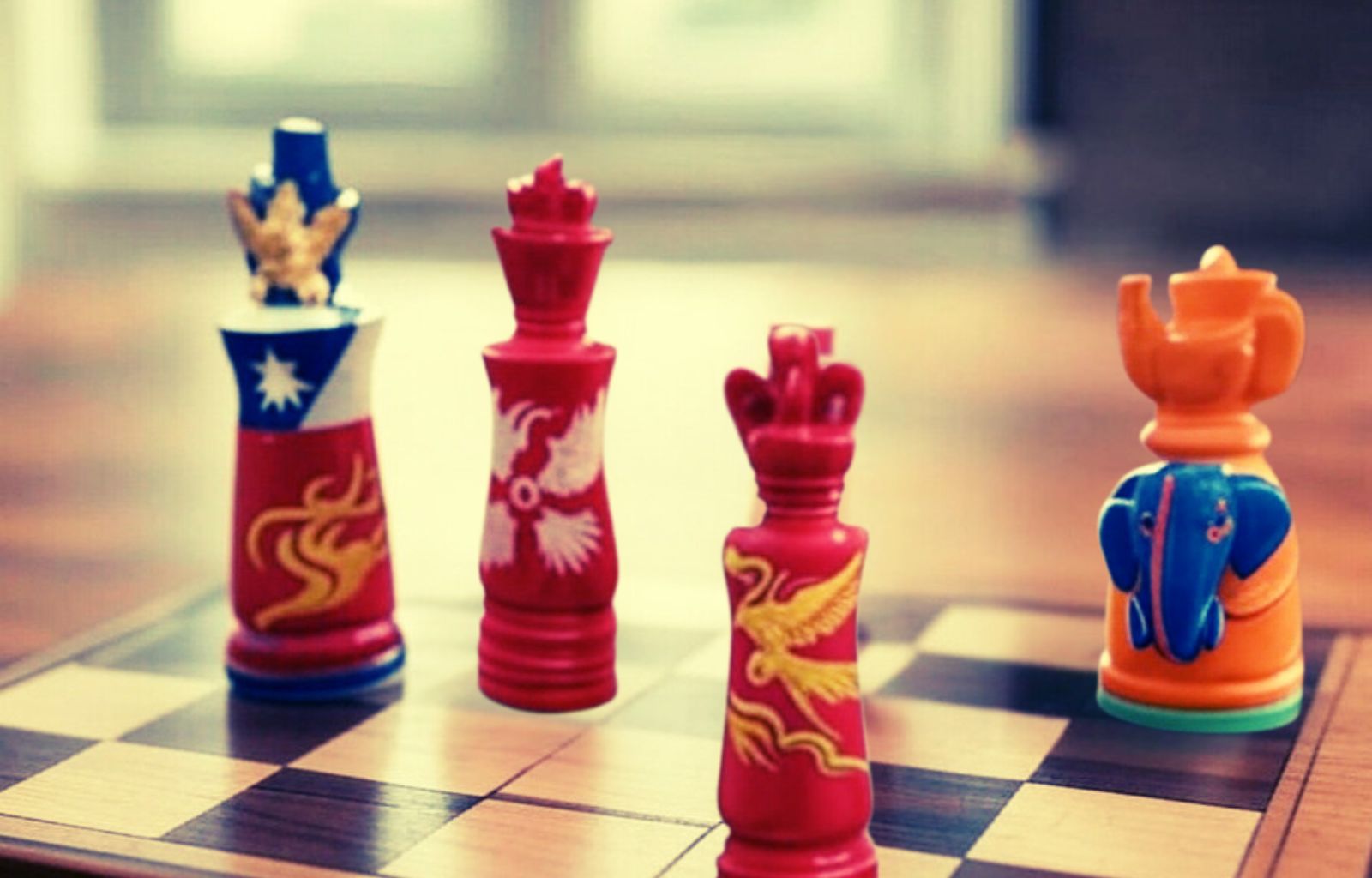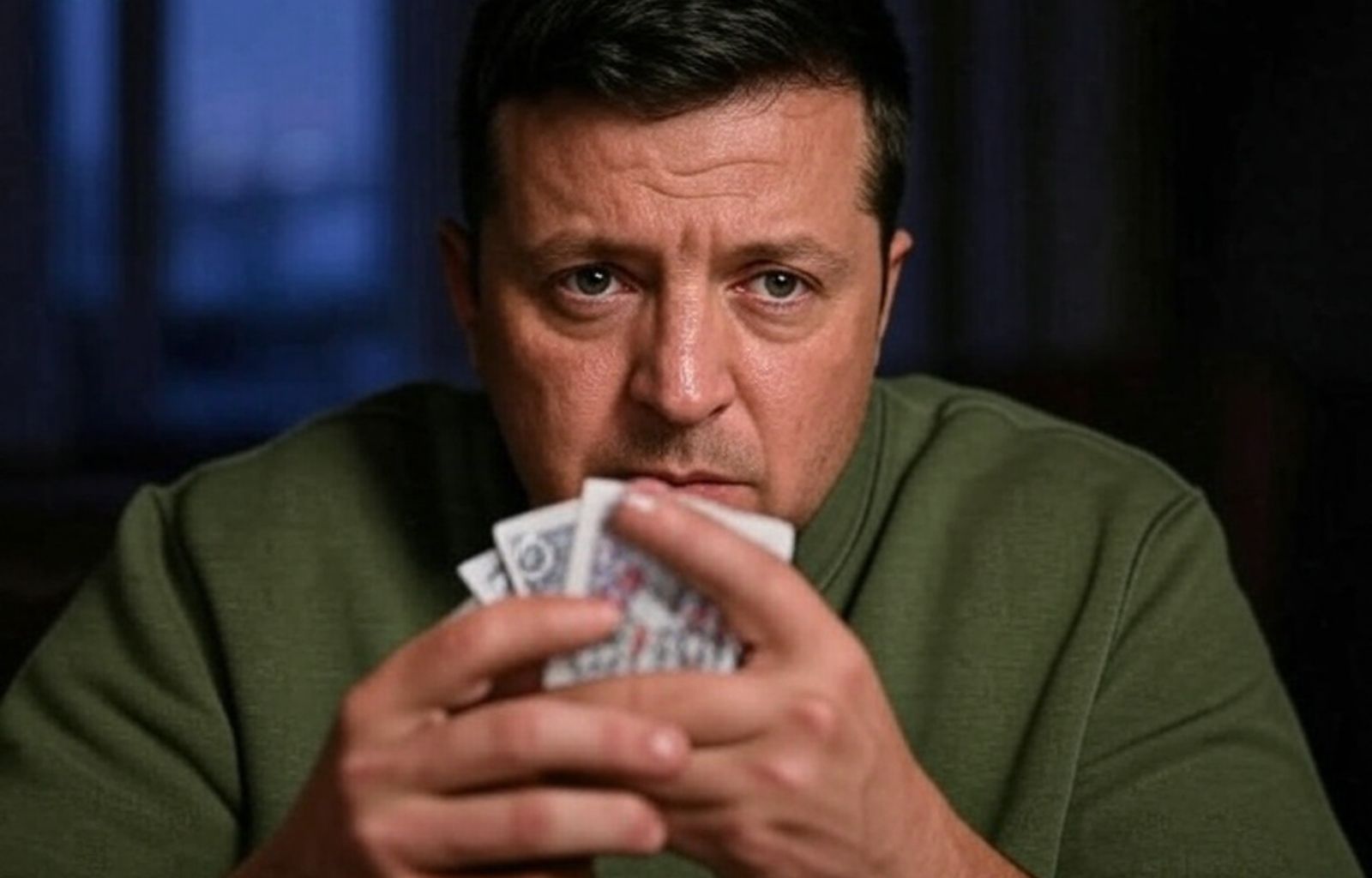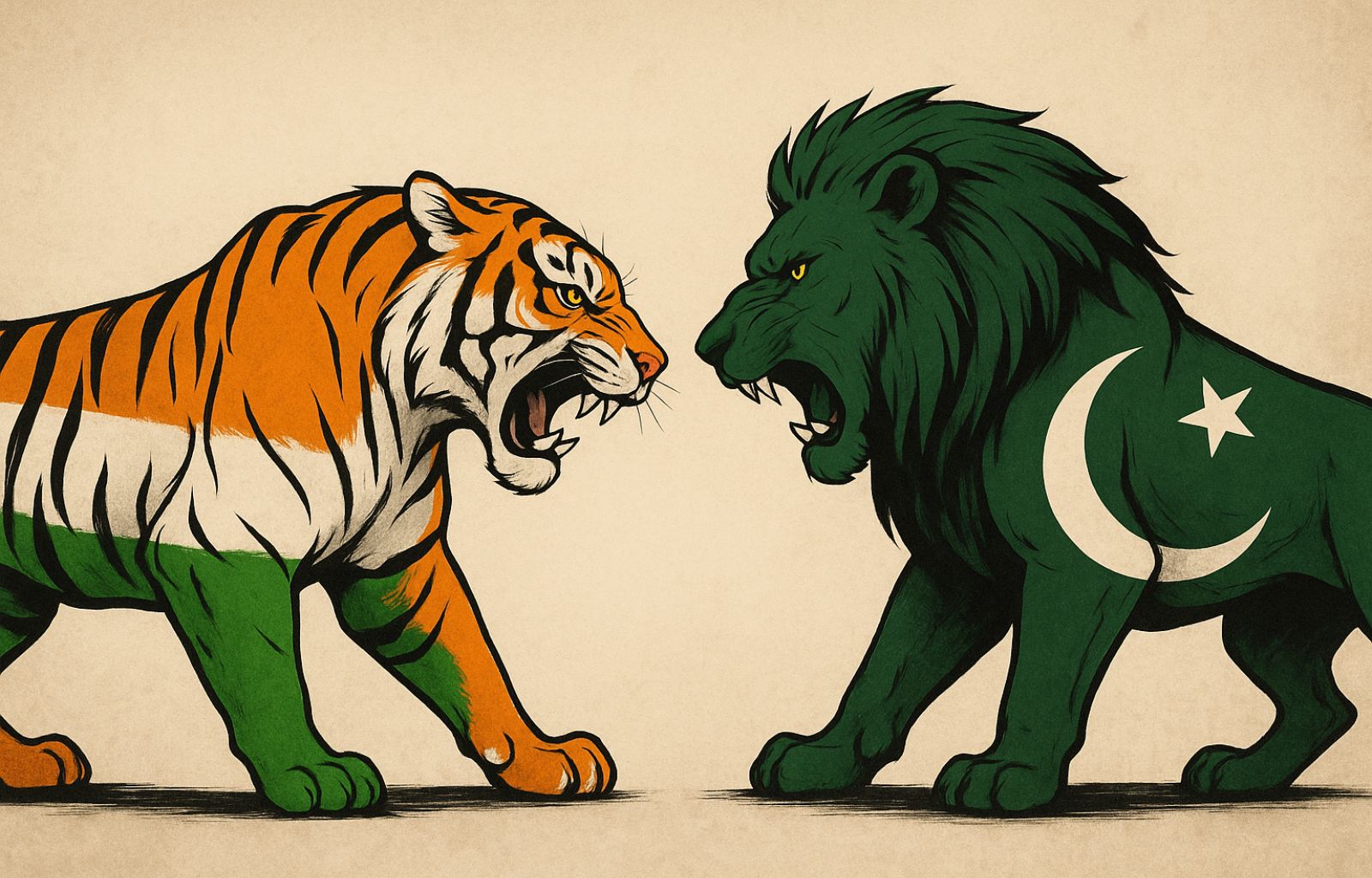The Romanian diaspora votes for a Eurosceptic hooligan. Why?

Politics in recent years had accustomed us to a recurring scene: at every showdown between populists and centrists in a former Soviet bloc country, expats abroad generously mobilised to bar the way for the former and pave the way for the latter.
400,000 Poles from abroad rewarded Donald Tusk‘s coalition, winning it eight seats in the parliament. Nearly 60,000 Slovaks from abroad took two precious seats away from local autocrat Robert Fitzo.
Clamorous was what happened in Moldova, where the votes of 180,000 expats overturned the result at home, saving Maia Sandu ‘s presidency and the referendum on EU membership.
Georgian expatriates – the only ones not subjected to the electronic and public voting that rigged the elections – poured 87% of the vote into the opposition.
Liberal President Petr Pavel, chosen by more than 90% of Czechs abroad, is now trying to facilitate their access to the vote: from the current 23,000, he would like to bring more than half a million of them to the polls. (Orbán’s Hungary, for the same reason, has made it almost impossible for its expats to vote).
Finally, you will all remember the moving queues of hundreds of thousands of Russians in front of embassies and consulates during the sham elections that shortly followed Navalny’s assassination, to show that, when left free to express themselves, they reject Putin’s regime en masse.
In this picture, the exception of Romania stands out.
Here, the mathematician Nicuşor Dan, mayor of Bucharest and centrist candidate for the presidency, could succumb on Sunday to George Simion – a former hooligan inspired by Trump and Meloni – thanks to the decisive vote of expatriates.
These, in the first round, were enthusiastic about him, giving him 340,000 more votes than his current challenger.
To recover them, the mathematician-mayor would have to win at home 53% – 47% by scratching among the abstainers: unfortunately, an enormous challenge.
Furthermore, last November, when Calin Georgescu (a Putin lackey who was swept up in scandals and arrests in a short time) stood as a candidate, Romanians abroad had also raved about him: many now expect Simion to grant him a pardon and appoint him prime minister.
How do you explain this apparent oddity?
Italy is a privileged observation point to understand it. As is well known, it is home to the largest Romanian community in the world (over a million people) and is very similar to Spain, which by some estimates includes almost the same number of them. In both countries, Simion obtained a real plebiscite with 73%.
We asked some young people of Romanian origin but who grew up in Italy what their point of view is on the love story between Simion and the emigrants.
The nostalgia and resentment of those who migrated unwillingly
‘Although they have lived most of their lives in Italy, they are all attached to Romania,’ says Gabriele, 22, an engineering management student.”In my life I have always heard people say: ‘In Romania you are better off’, ‘In the future I am going back there’, ‘You should speak Romanian, think if when you grow up you have to move there’, ‘I don’t mind getting Italian papers’, ‘Italian citizenship I could get but I don’t want it’…so a candidate who focuses on patriotic rhetoric succeeds in winning over all those who had to leave the country not by choice but by necessity.”
Another factor not to be overlooked is that many are disappointed with the political class. “It is not difficult to find people who regret the days of the dictator Ceauşescu, and thus appreciate the rhetoric against the elites and the promise of order, discipline and defence of traditional values. Many see the post-1989 democracy as a sell-out of the country to the West,’ Gabriele says.
‘Simion exploits the rhetoric of the man of the people against the thieves who for years robbed us and caused the diaspora,’ confirms Andreea, who is 29 years old and works between a bar and a horse riding stable.
‘Romania, since the revolution, has been ruled by centre-left democrats, often in coalition with liberal-nationalist parties. But none of these governments has ever managed to satisfy the people, and so (as has already happened in Italy) this year we are going to vote for what is furthest from what there was in the past, namely Simion’s fairly extreme right wing’.
‘In my twenties I will work, have children and build a house’
We often have a romantic view of communism here in Italy, acknowledging to it advances in personal rights and the emancipation of women. But those who lived through it know that the reality was different.
Without freedom of the press or political pluralism, the new models of family and society had no way of spreading at all: thus regime and tradition, in the memory of many Romanian emigrants, are inseparably linked.
“My grandmother arrived here without high school education and was thrown into a world that had completely different values to those she had been inculcated with in Romania,” says Bianca Elena, 21, a communications science graduate.
“She would not vote for Simion in any parallel world, but her peers experienced this gap, which they tried to bridge with the black legend of Western Europe indoctrinating other peoples to do certain things. That is why they resent Europeanism.
Orthodox religiosity has something to do with it. “In Italy, those like my grandmother, even if they were not mistreated, were still almost enslaved with too low wages. And the only foothold they could have in order not to feel subjugated, as well as to feel less lonely, was the religious community.
There they also felt at home because they were against homosexuality, for the traditional family, where at the age of twenty I will leave, get a job, have children and build a house. Simion comes across as a staunch Christian and tends to be supported by the Orthodox Church, while Nicuşor is much more open to the debate for the liberalisation of family customs’.
Russia or Ukraine? One is as good as the other
If patriotic nostalgia is so strong among these voters, major international crises can only be overshadowed.
According to Andreea, the clash between Moscow and Kiev is felt by Romanians in a very unconventional way. “They resent anyone who is Russian or half-Russian, and Ukrainians count as Russians for us (funny, don’t you think?).
Besides, since plenty of them wew sent to clog up Bucharest with their big cars and rudeness, our dislike has only increased’.
Simion, in short, in the name of a generic anti-Soviet resentment, can lash out at both Putin and the Ukrainians. From whom, among other things, like the Moldavians and Bulgarians, he would like to take away ‘irredent lands’ that had been Romanian in the early 1900s.
There is, therefore, no split between pro-Europeans and pro-Russians as clear-cut as elsewhere. ‘Romania is the emo teenager that no one understands, and therefore hates everyone by default,’ argues Andreea. “The support for Georgescu for many stemmed from the fact that first we trusted the Russians and took it to the a**, then we trusted the Americans and took it to the a**, then Europe and more or less always we feel like we took it to the a**, even if that is a perception shaped by those in government, because since we’ve been in Europe they’ve actually given us a lot of funds.”
The information bubble of Georgescu and Simion
“But Simion objects: European funds are structured to be invested only in a certain way, whereas we should first grow the workforce here and then maybe, in thirty years’ time, we will be able to be in a community that does not impose on us deadlines, directives and regulations’. This is his typical argumentative strategy according to Raluca, 22, a medical student, who dwells on another fundamental element: the information ecosystem in which a large part of the Romanian diaspora is immersed.
“Those who have moved here no longer know what the situation in Romania is like, they don’t really know how corruption works and whether or not a politician is stealing. They rely on grandmothers’ tales: ‘They are making this law to make us even poorer than we already are’!
Georgescu had been a master at fomenting these conspiracy theories, and Simion picked up the baton. He is an expert communicator: he promised that the houses, complete with land, would only cost 30,000 euros. And the very name of his party, AUR (Alliance for the Union of Romanians), literally means GOLD‘.
Simion, Raluca acknowledges, ‘talks to you as if you were at the construction site. He passes himself off as a private citizen who has made a career starting from the bottom. At a press conference, he admitted that he did not declare all the money he earned, ‘But then again, everyone evades!’
And, above all, he convinced his voters that the mass media lie by default, purposely portraying him as a fool and purposely exalting Nicuşor Dan. That the mass media are on the side of Nicuşor, who would only be a continuation of the political system of the last 30 years. This narrative has given Simion the excuse to leave Romania, thus avoiding debates against Nicuşor and uncomfortable questions from journalists. His media outlet is only TikTok, where he cannot be challenged‘.
In an information bubble saturated by TikTok and first-hand accounts, where there is therefore no room for contradiction, Georgescu’s elimination from the November election race appeared even more inexplicable and intolerable than it did to Romanians living in Romania.
Thousands of expatriates, in short, out of revenge against a system they no longer perceive as democratic, vote for Simion or at most abstain.
“I don’t inform myself much about my country, as I don’t live there and I don’t want to live there: when I saw that they cancelled the elections twice, I didn’t inform myself any more from then on,” says Emil, a 28-year-old film technician.
‘The Romanian people wanted one, and the European Union didn’t give him to them. These elections are rigged. People don’t even give a damn about voting any more.
Why did Europe attack the candidate in the election who practically won it, without any proof and only with speculation? Is this supposed to be democracy? To me it is democracy in disguise.
Did the European Parliament vote for that 800 billion earmarked for rearmament? No. Who decided it then? When it comes to war, democracy no longer exists; they make decisions for you and everyone around you without necessarily having your consent. With 250 billion euro you could grow fruit trees reforesting the planet and providing food for 9 billion people. You could end world hunger. Why isn’t it done?”
The results will come in the night between Sunday and Monday.

